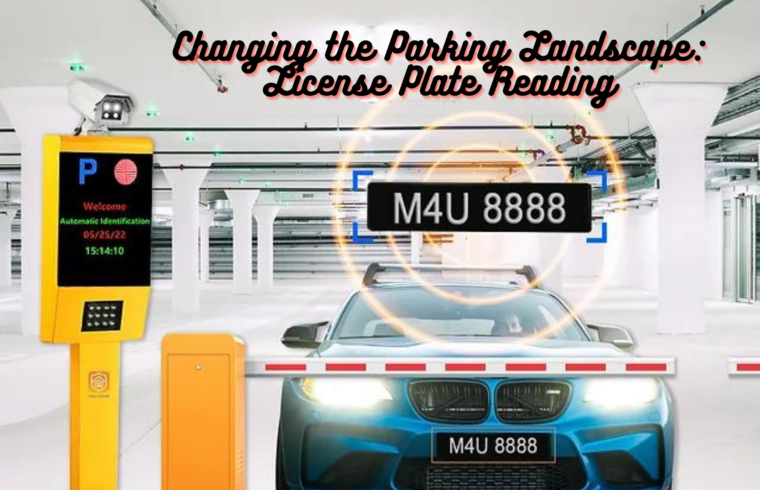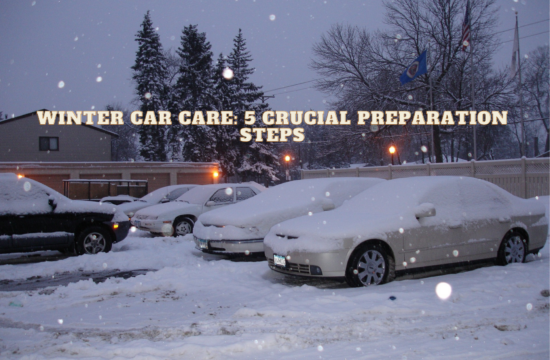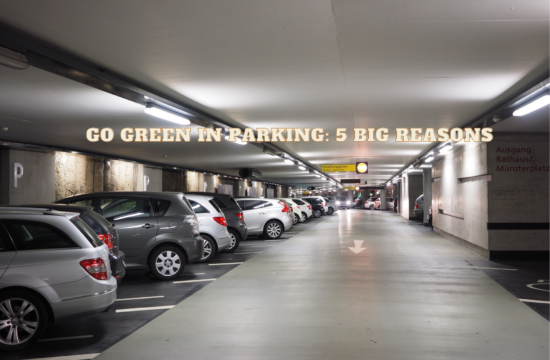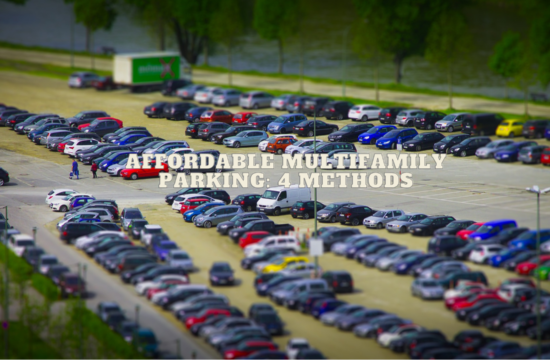New technology is always evolving, and the story is no different in the world of parking. For years, new tools have been in development to help make parking safer, more secure, and easier than ever before. Now, License Plate Reading (LPR) technology is commercial-ready and being deployed in cities across America. So what is LPR and how might it benefit parkers and parking managers alike? Continue reading below to find out how license plate reading technology is changing parking.
What Does LPR Stand For?
LPR stands for License Plate Reading. This innovative technology uses cameras and optical character recognition to automatically capture and process license plate information. It transforms parking management by enhancing security, streamlining entry and exit, and providing data for efficient space utilization and improved user experience.
Gains for Those Using Parking
Utilizing License Plate Reading (LPR) technology in parking offers multiple advantages to users. It facilitates seamless entry and exit, eliminates the need for physical tickets or permits, enhances security, and provides real-time occupancy information. This modern solution simplifies the parking experience and improves overall convenience for those utilizing parking facilities.
Gains for Parking Facility Managers
License Plate Reading (LPR) technology provides significant benefits to parking facility managers. It streamlines operations by automating entry and exit processes, reduces manual tasks like ticket validation, improves space utilization with real-time data, enhances security through accurate tracking, and boosts customer satisfaction by offering a seamless and efficient parking experience.
LPR in the Field
License Plate Reading (LPR) technology revolutionizes parking management. It aids in identifying vehicles by capturing license plate information, enabling automated entry/exit, minimizing congestion, enhancing security, and enabling precise billing. This efficiency leads to improved user experience, reduced operational costs, and optimized parking space utilization, benefiting both facility managers and users.





